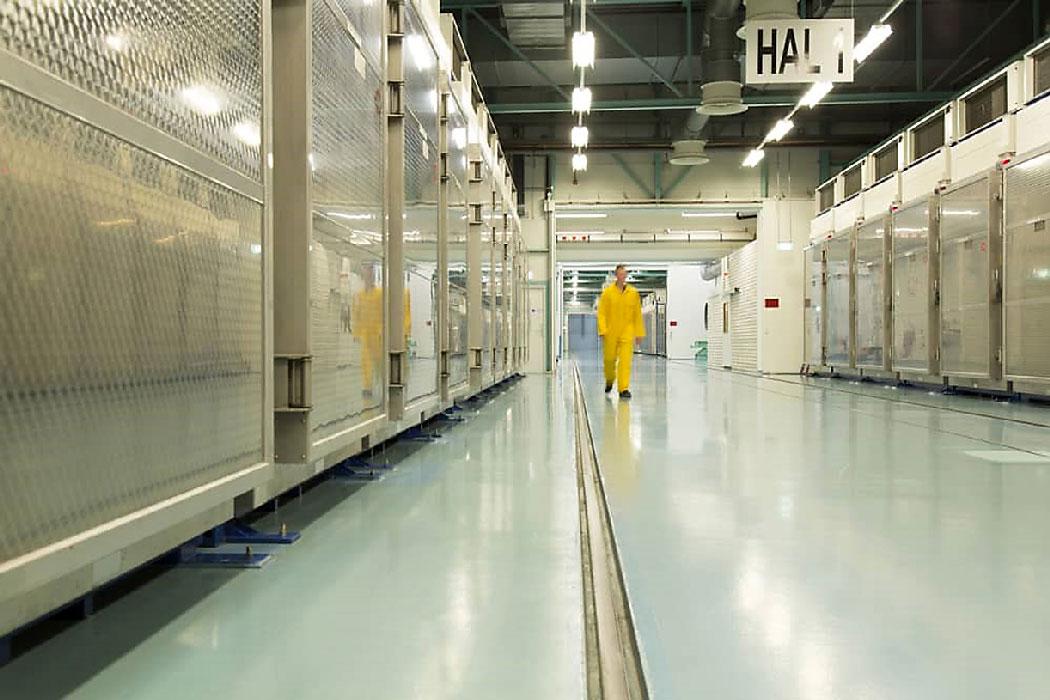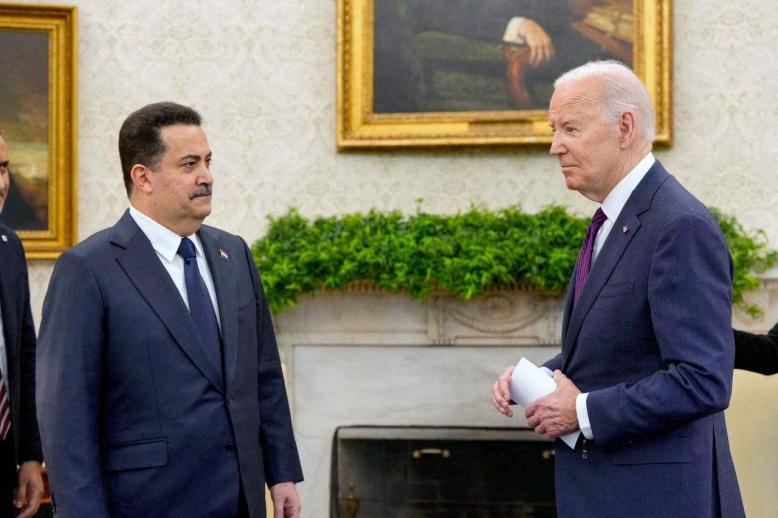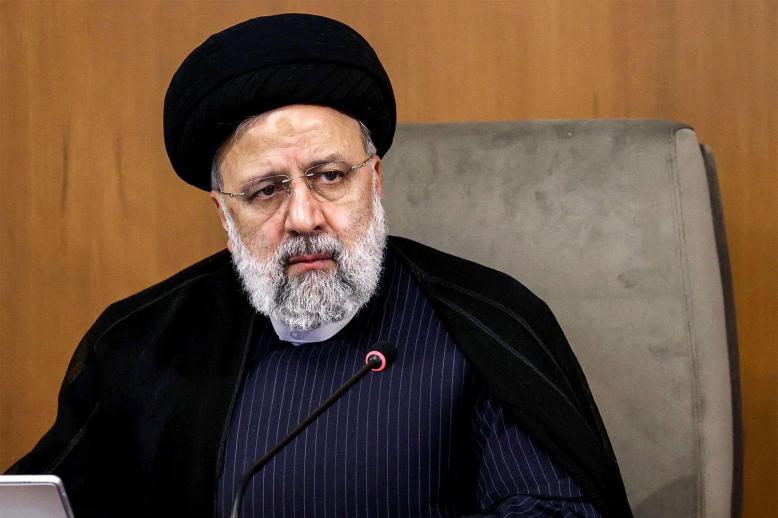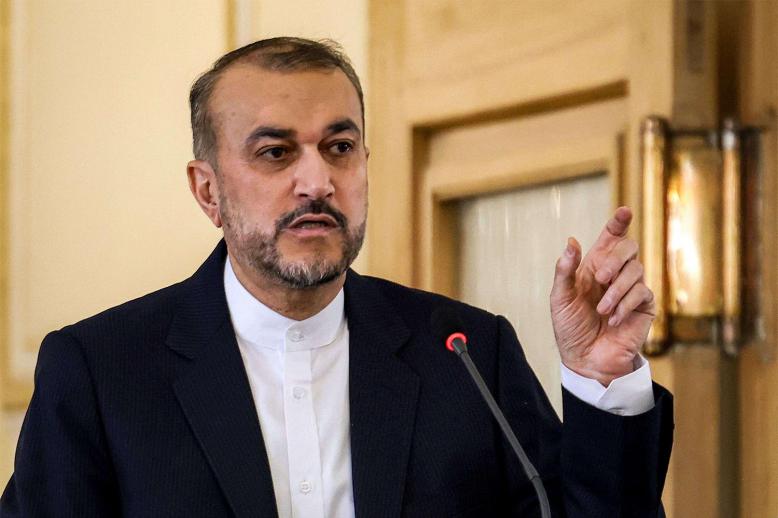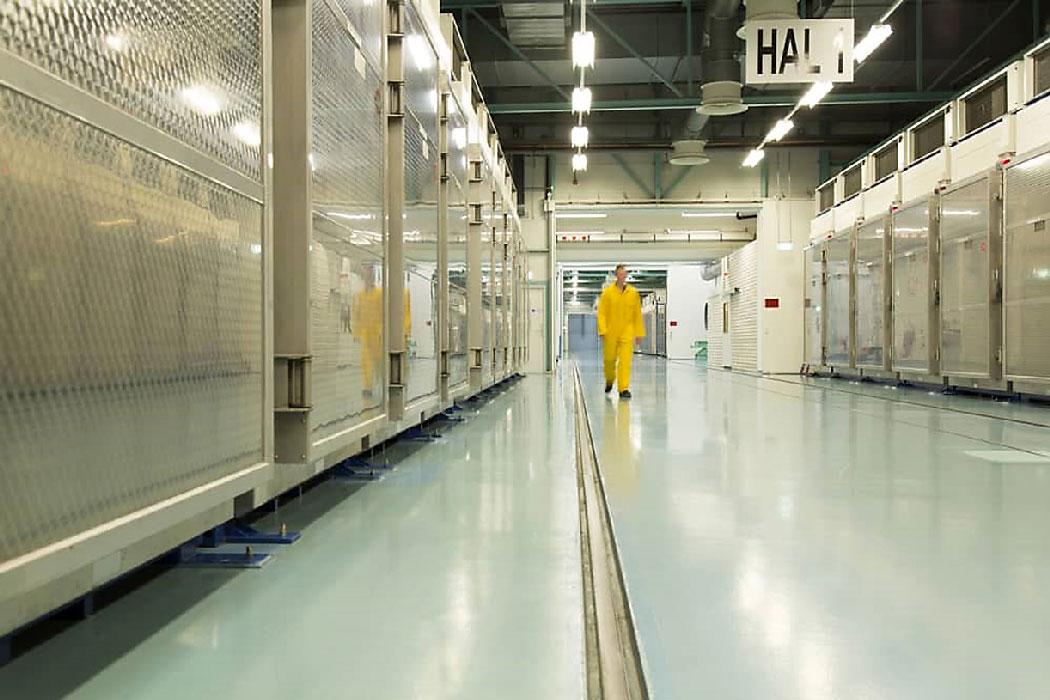Mounting concern as Iran resumes uranium enrichment
TEHRAN - Iran resumed uranium enrichment at its underground Fordow plant south of Tehran on Thursday in a new step back from its commitments under a landmark 2015 nuclear deal.
Engineers began feeding uranium hexafluoride gas into the plant's mothballed enrichment centrifuges in "the first minutes of Thursday", the Iranian Atomic Energy Organisation said.
The Fordow plant is a highly sensitive site that Iran hid from UN non-proliferation inspectors until its exposure in 2009.
But with feedstock gas entering its centrifuges, the facility, built inside a mountain to withstand any air strikes, will move from the permitted status of research plant to being an active nuclear site.
The suspension of uranium enrichment at the long secret plant was one of the restrictions Iran had agreed to on its nuclear programme in return for the lifting of UN sanctions.
Iran's announcement that it would resume enrichment at the Fordow plant from midnight (2030 GMT Wednesday) had drawn a chorus of concern from the remaining parties to the troubled agreement.
US Secretary of State Mike Pompeo said Iran's latest moves to up its nuclear activity showed that the world needed to "reject" Tehran's "nuclear extortion".
Britain, China, France, Germany and Russia have been trying to salvage the hard-won deal since Washington abandoned it in May last year and reimposed crippling unilateral sanctions.
They say Iran's phased suspension of its obligations under the deal since May makes that more difficult.
The resumption of enrichment at Fordow is Iran's fourth move away from the deal.
Uranium enrichment is the sensitive process that produces fuel for nuclear power plants but also, in highly extended form, the fissile core for a warhead.
Iran has always denied any military dimension to its nuclear programme. It has been at pains to emphasise that all of the steps it has taken are transparent and swiftly reversible if the remaining parties to the agreement find a way to get round US sanctions.
"All these activities have been carried out under the supervision of the International Atomic Energy Agency," the Iranian nuclear organisation said.
Watchdog supervision
A source close to the International Atomic Energy Agency (IAEA), the UN's nuclear watchdog, said that it has inspectors on the ground in Fordow and would report "very rapidly" on the steps taken by Iran.
Nevertheless, only one day after resuming uranium enrichment at the plant, Iran announced on Thursday that it was cancelling the accreditation of one of the IAEA's inspectors.
It said the inspector's accreditation was revoked after she triggered an alarm last week at the entrance to the Natanz uranium enrichment plant. Iran alleged that the inspector tested positive for suspected traces of explosive nitrates. She had since left Iran for Vienna, where the IAEA is based, it said, without saying when.
Iranian IAEA representative Kazem Gharib Abadi told the agency on Thursday that he hoped further tests by Iran and the IAEA would explain what happened. Iran's nuclear industry has been targeted by sabotage and its scientists assassinated in the past.
"Needless to say that Iran, like all other members of the agency, cannot condone any behavior or action which may be against the safety and security of its nuclear installations, especially ... considering the past sabotage attempts in its nuclear facilities," Abadi said.
The EU said Thursday it was "deeply concerned" by the incident with the inspector, in a statement delivered by an EU representative to a special meeting of the governing body of the IAEA.
Reiterating the EU's "full confidence in the inspectorate's professionalism and impartiality", the statement called "upon Iran to ensure that IAEA inspectors can perform their duties in line with its legally binding safeguards agreement".
This marks the first known time of Iran blocking an inspector amid the nuclear tensions. Jackie Wolcott, the US representative to the IAEA, earlier called the inspector's rejection an "outrageous provocation."
"All board members need to make clear now and going forward that such actions are completely unacceptable, will not be tolerated, and must have consequences," Wolcott said in remarks released to journalists. "If the Iranian regime thinks it can test the international community's resolve on this issue, then we assure you the United States will not waver."
Secret warehouse, atomic archive
Wolcott's comments also suggested the IAEA would discuss a warehouse near Tehran where Israel alleges it stole a secret "atomic archive" last year. She said that Iran needed to explain why inspectors recovered possible nuclear material there.
"Iran has refused to provide — and apparently cannot provide — a credible, verifiable answer to the fundamental question of where the particles detected by the IAEA came from, and where the material and equipment they came from is today," she said.
Iran has denied the claims by Israel, which is widely believed to have its own undeclared nuclear weapons program.
But acting IAEA chief Cornel Feruta, who will be succeeded by Argentina's Rafael Grossi next month, called Thursday's emergency meeting of the IAEA's 35-nation Board of Governors to discuss the incident and Iran's failure to give a convincing explanation for uranium traces found at the site in Tehran.
Feruta told Iran in September that "time is of the essence" in addressing the IAEA's questions on how it found the traces on samples taken in February at the undeclared site, which Iran has said was a carpet-cleaning facility.
The EU and United States called on Iran to cooperate with the IAEA in explaining the traces of uranium that was processed but not enriched. A US official said there were also signs of "activities consistent with sanitisation" by Iran there.
"Time was of the essence in September; now that time is up," Wolcott said in her statement.
European concern
Iran's latest moves come after the passing of a deadline it set for the remaining parties to the nuclear agreement to come up with a mechanism that would allow foreign firms to continue doing business with Iran without incurring US penalties.
Russian Foreign Minister Sergei Lavrov expressed concern about Tehran's announcements but said European powers should do their part.
"They are demanding that Iran fulfil all (obligations) without exception but are not giving anything in return," he told reporters in Moscow.
The Kremlin has previously called sanctions against Iran "unprecedented and illegal".
French President Emmanuel Macron said Iran had made "grave" decisions and its resumption of uranium enrichment was a "profound change" from Tehran's previous position.
"I will have discussions in the coming days, including with the Iranians, and we must collectively draw the consequences," Macron said during a trip to Beijing.
The next few weeks will be dedicated to increasing pressure on Iran to return within the framework of the pact, the French president said, adding that this must be "accompanied by an easing of some sanctions".
"A return to normal can only take place if the United States and Iran agree to reopen a sort of trust agenda" and dialogue, Macron said, adding that he would discuss the issue with Trump.
Foreign Secretary Dominic Raab said Britain remained committed to a negotiated way forward but demanded that Iran abide by its obligations.
"We want to find a way forward through constructive international dialogue but Iran needs to stand by the commitments it made and urgently return to full compliance," he said.
German Foreign Minister Heiko Maas said Iran must roll back its decision to resume uranium enrichment, calling Tehran's action "unacceptable".
"We call on Iran to reverse all steps taken since July and return to full compliance with its commitments," Maas told reporters in Berlin.
"Our aim is to maintain the nuclear agreement," he said. "We have always fully implemented our commitments and Iran must now urgently relent in order to ease tensions."

